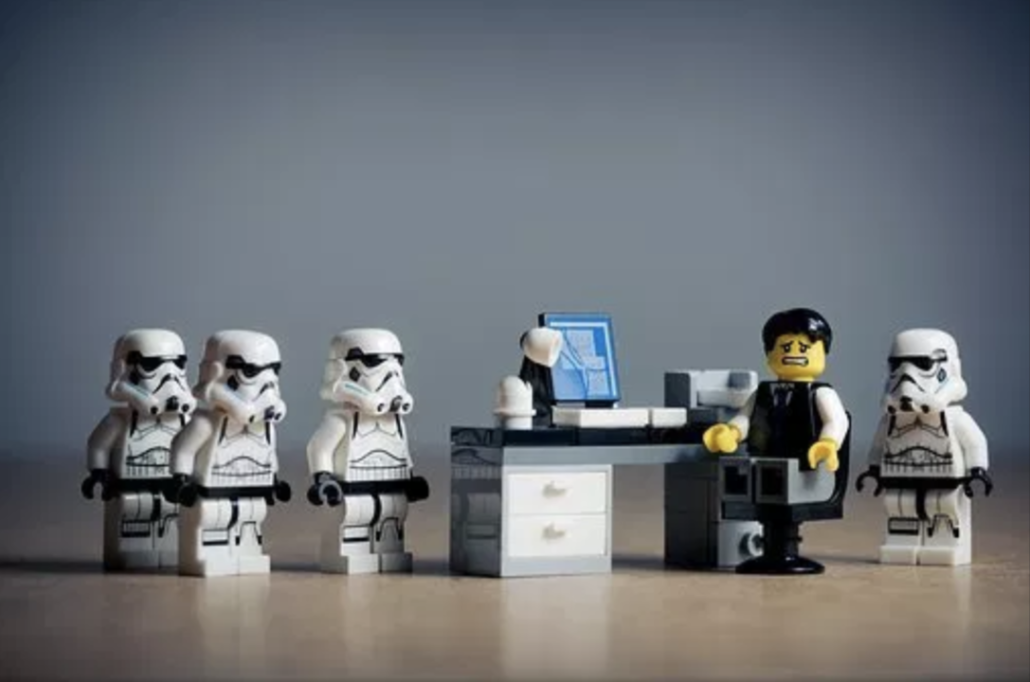
We all know the pressures associated with sitting in a position of power, so why is it so many hang on to their “hot seat” well past their expiration date?
History is paved with stories of public (and not so public) figures who where either removed from their post either by force or by their own faith, but no matter how you look at it, all leaders have an expiration date.
Call it ego, call it pride or even call it fear – all of these surely play some role in a leader’s inability to lead effectively. No matter what you label it, that doesn’t answer the underlying question around “what” they can do to avoid a lackluster exit from a seat they once adorned.
One of the biggest confusions surrounding this topic is the term itself…”stepping down” because it’s historically steeped with a stigma of shame or disappointment, in addition to be conflated with similar terminology such as “step aside” or “resignation”. Compared to “resign”, “step down” has a connotation of an amicable parting with the possibility of a continuing relationship. The word “resign” is often used when employee parts employer over some disagreement or other negative cause.
Whether you call it stepping down or stepping aside, there’re some clear signs that the individual needs an adjustment. This article does an excellent job summarizing five common signs to watch out for:
- The stress is getting the better of you. There are two kinds of stress – the kind of stress that motivates you to do better and the kind of stress that kills you. You need to identify which kind of stress you’re dealing with. The latter has the ability to physically and mentally exert you. When you realize that your stress is harming your team’s performance as well as your personal life, you need to step down before it completely destroys you.
- You can’t give your leadership role the focus it deserves. Leadership is a time-consuming position. If you can’t give all you have to it, it is best to step down. Leadership requires keen awareness of the behavior of those around you, recognizing who needs motivation and direction, and knowing who is doing what and why. If you have other things professionally and personally that require your attention, it is smart to step down before you do more harm than good.
- You don’t possess the skills to be a good leader. Sure, you’re amazing at your work. But just because you are good at what you do, it doesn’t mean that you are a good leader too. As a leader, you should ask your team to point out your weaknesses and you should try to better yourself. However, some deficits can’t be overcome, and when those deficits can hurt the entire team’s morale, it is best to step down.
- Someone else is a better fit than you. There will come a time when you will have been in the leadership position for a long period and you’ll stop innovating and learning new things. If you think that your position has made you complacent, you should hand over the reins to someone else. When you are no longer challenged by your responsibilities, it is time to look for your successor.
- There is no more scope for growth. Have you reached the top of the field in your department with no more room to grow? If you feel like you’ve already learned all there is to learn, you need to consider switching fields to motivate yourself once again. If not, you’ll be stuck in a dead-end job until you retire.
If you’re not sure if your time is coming to an end, ask yourself these questions:
- Are you growing personally?
- Are you putting your needs in front of those you serve?
- Have you accomplished what you wanted?
- Is this what you want to continue to do for the rest of your life?
- Is your passion shifting?
- Are you bored?
- Are you able to continue to reinvent?
- Do you have the energy?
- Is a different skill set necessary?
- Can someone else do the job better?
- Have you groomed a successor and are they ready to lead?
- What is best for the organization?
- Are you psychologically and emotionally ready to step down?
- Can you afford to financially step down?
- Can you still do the job mentally as well as physically?
In short: As a leader, your first responsibility is actually to yourself – but not in a narcissistic and self-indulgent manner. Think of your organization, those you serve and your purpose for being in the role and then take a deep look inward and realistically monitor if you (still) have what it takes to show up as the leader who took that vary seat on day one. I highly recommend Dr. Marshall Goldsmith’s book What Got You Here Won’t Get You There: How Successful People Become Even More Successful to further your own development while closing any potential blind spots.
The floor is yours: What’s one quality a leader must embody to be successful?
With leadership, Joshua | www.JoshHMiller.com | “I Call Bullshit: Live Your Life, Not Someone Else’s”
